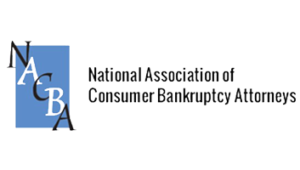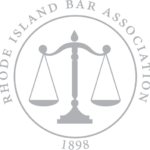Clients’ Choice Award – I’d like to thank . . .
As a CERTIFIED FINANCIAL PLANNER™ and Providence/ Warwick bankruptcy lawyer, I rescue clients from financial chaos. I solve debt problems caused by job loss, ill health, and other life-changing setbacks. For so many with too much debt and too little income, I help them push the RESTART button. After examining spending patterns, budgets and monthly […]
Debt Settlement Plans: Part II
Debt settlement plans fail because they require unrealistic repayment terms. Contact a Rhode Island bankruptcy lawyer to understand all of your debt-relief options.
The Truth About Debt Settlement Plans: Part I
Almost 90% of debt management and debt settlement plans fail. Discuss your debt problems with a qualified bankruptcy attorney to save time and money.
Rhode Island Bankruptcy Law: Myths vs Reality
RI bankruptcy laws protect property and restore order to financial chaos. Ignore myths and debt settlement scams and consult a qualified RI bankruptcy lawyer.
RI Bankruptcy Law: Discharge vs Debt Cancellation
RI Bankruptcy Law: Understanding the tax difference between bankruptcy discharge and debt cancellation. Discharged debt is not taxable, but cancelled debt is.




